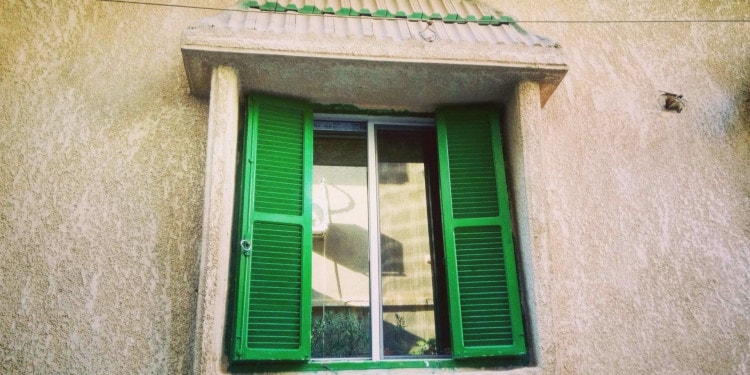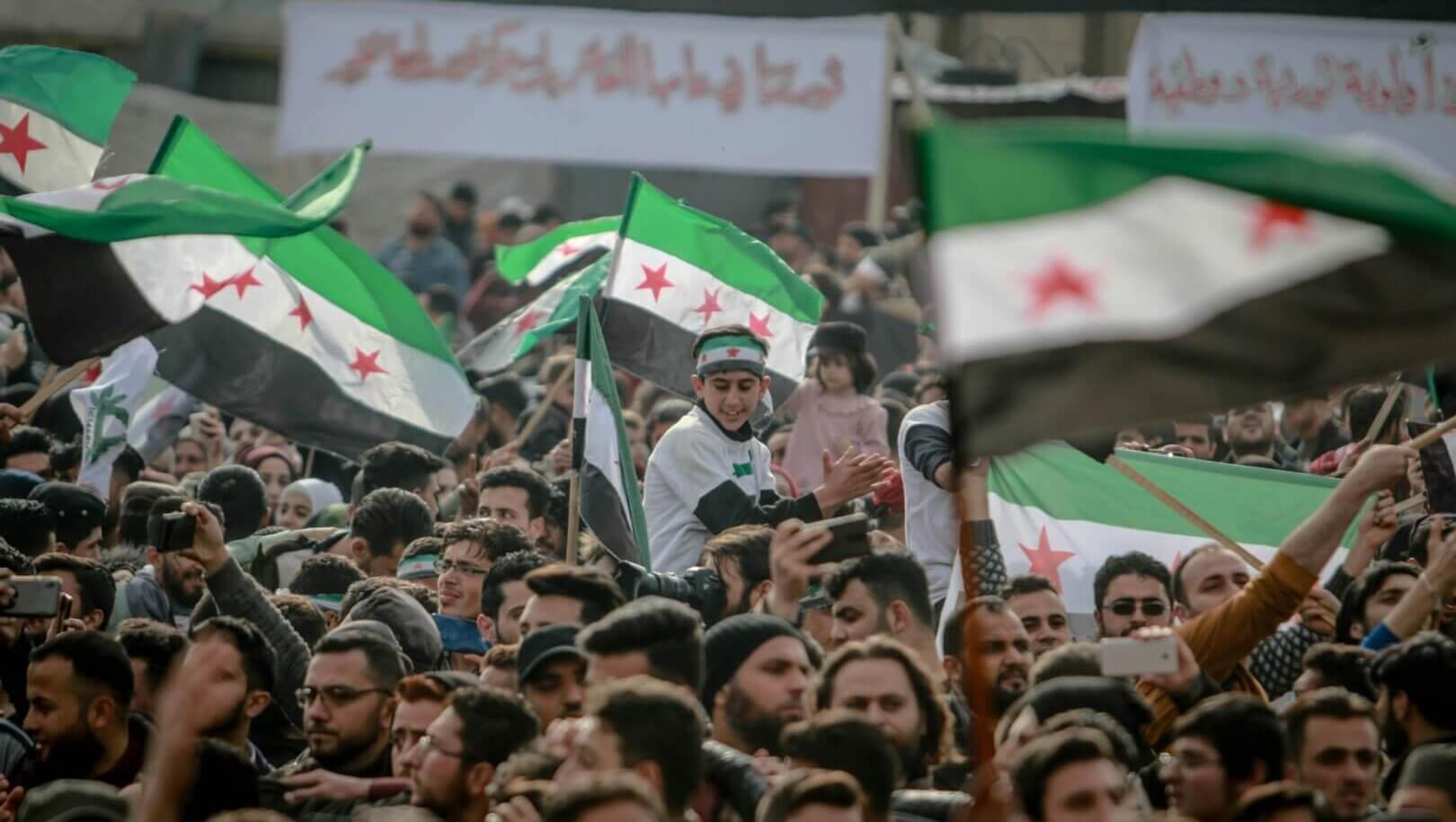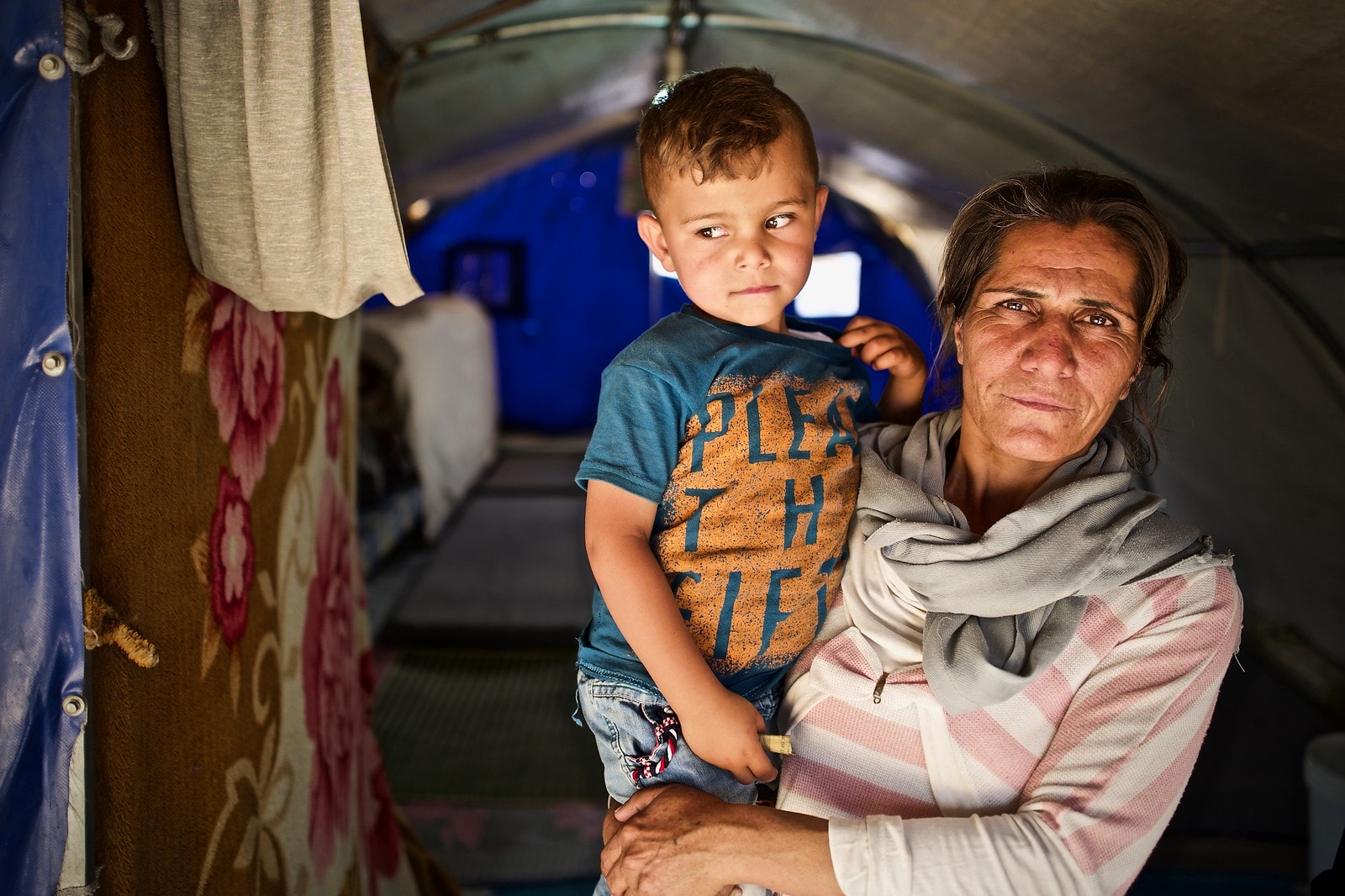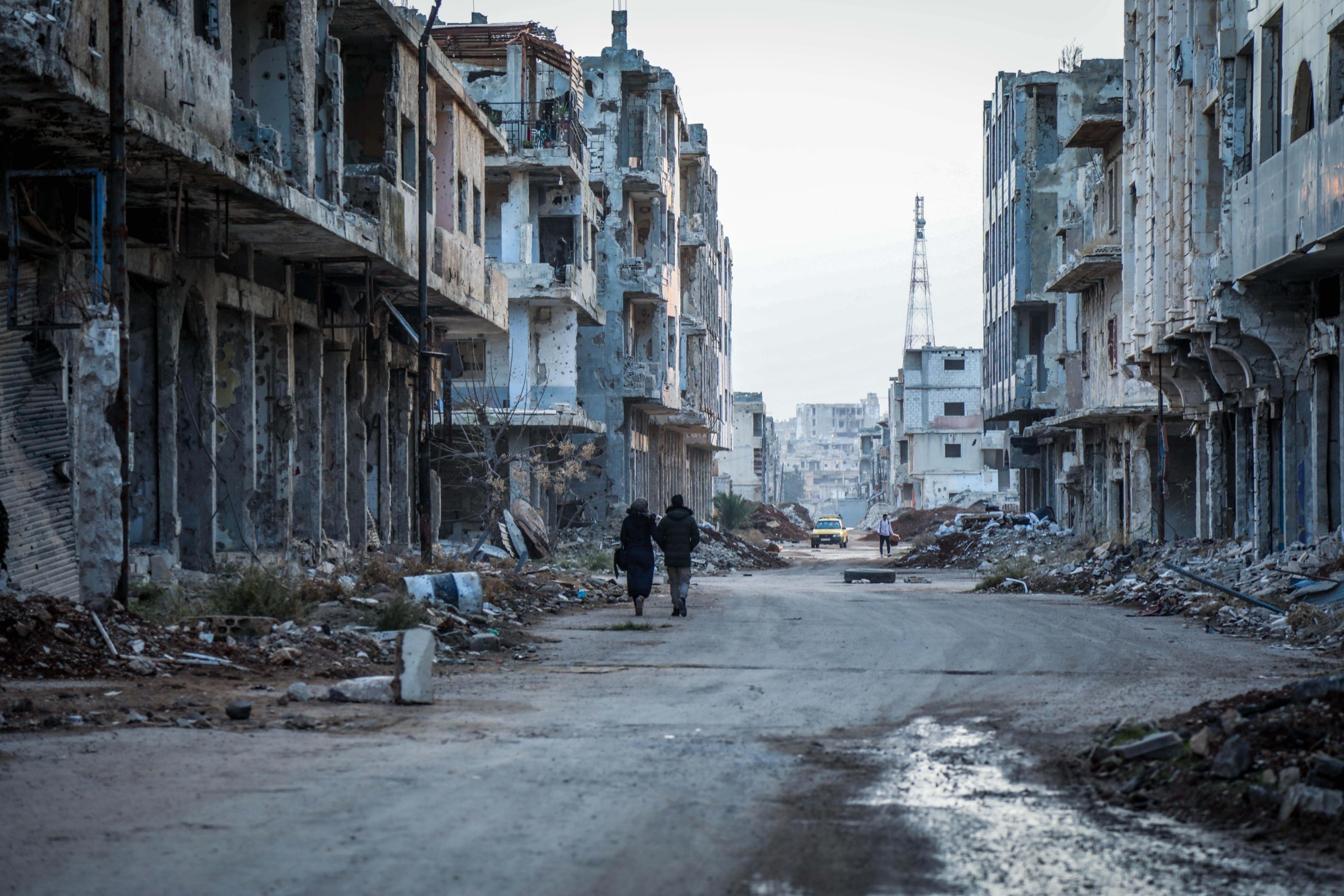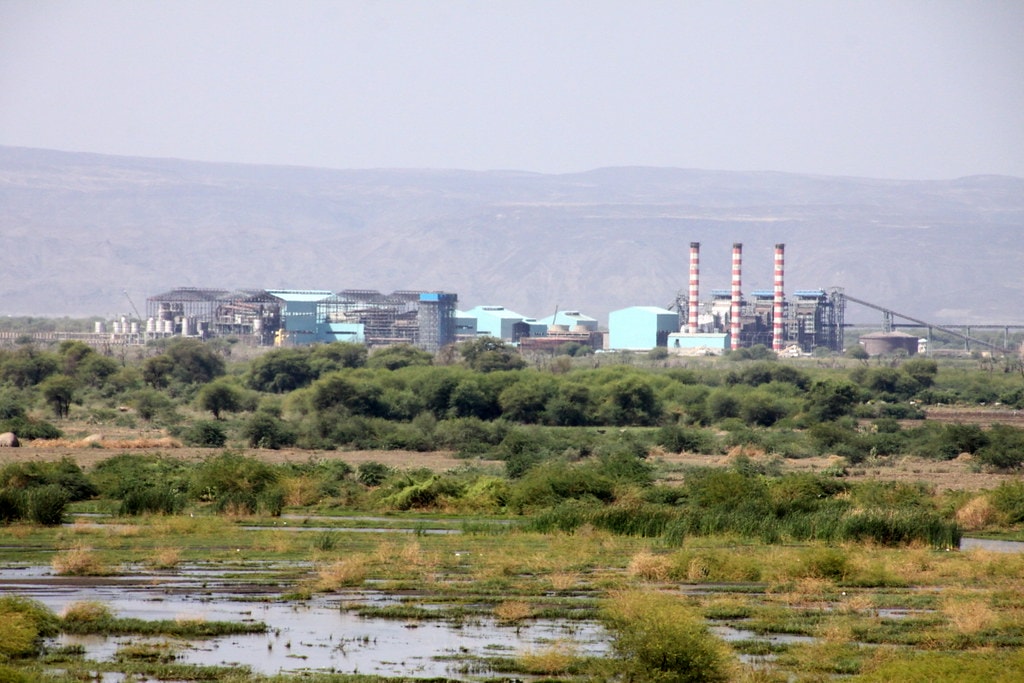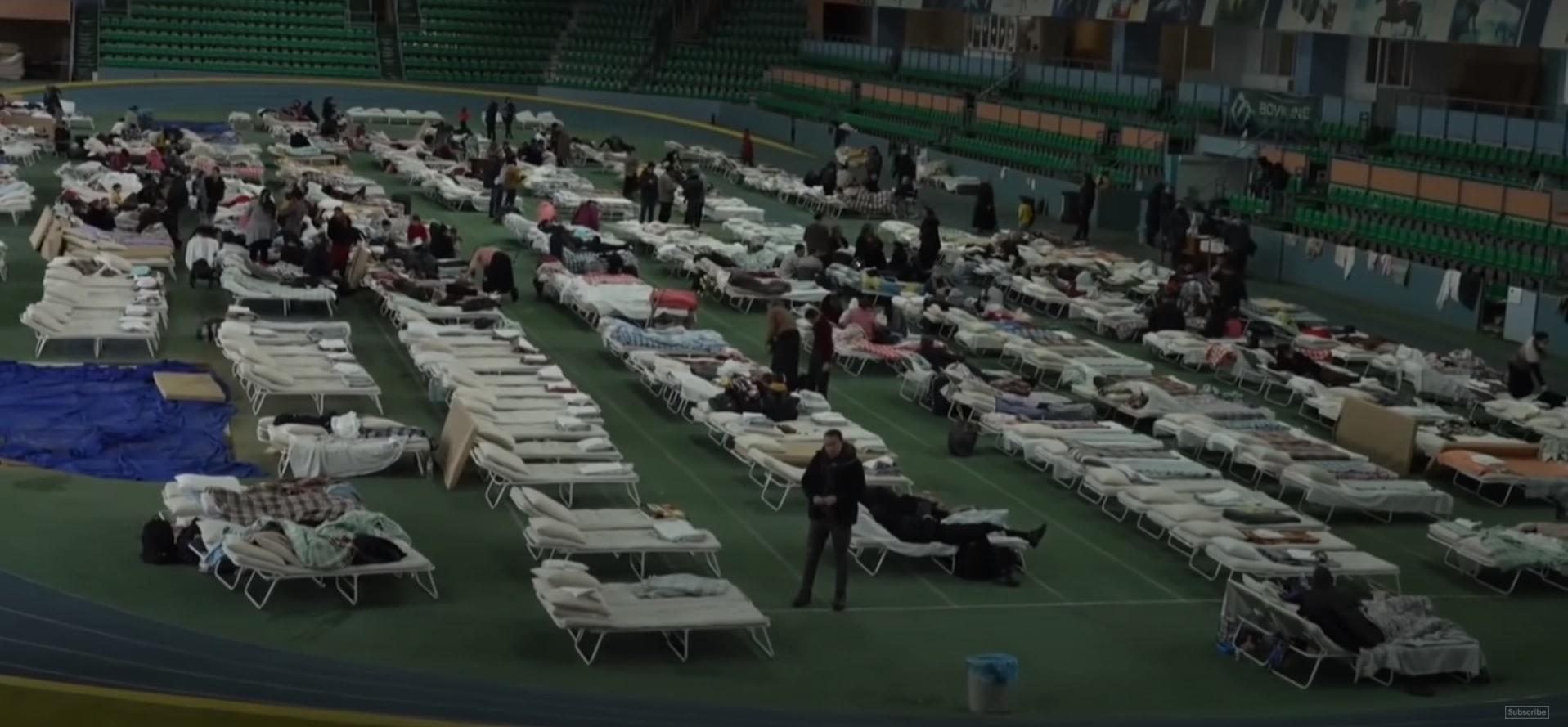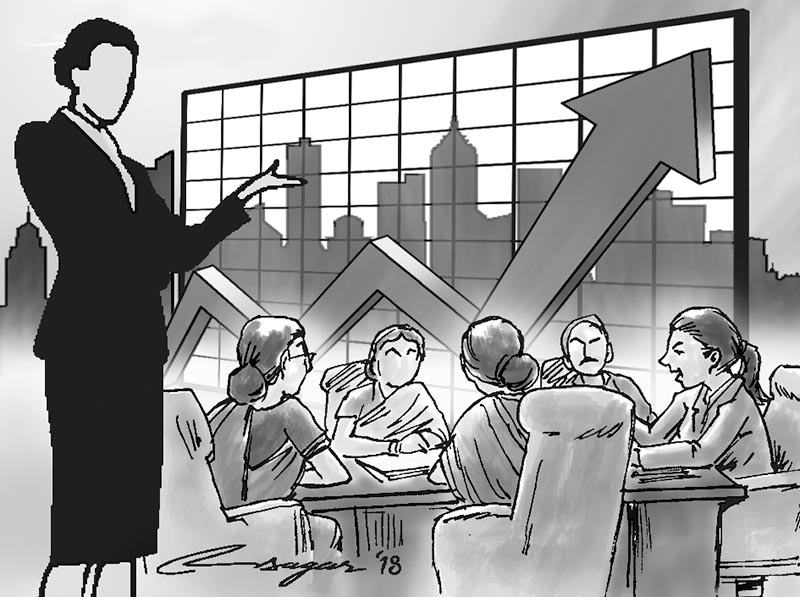Civil wars have a distinct nature that manifests across nations, ethnicities, and continents. A nature that is unmistakable yet illusive. When we look at countries that have experienced a civil war we generally observe the human atrocities and the physical destruction. Intra-state wars, in which the central government directed its military to defeat an armed insurgency, destroy infrastructure and communities. What gets lost in this initial assessment, amongst the noisy, violent political contestation over authority and territorial control, is the quiet breakdown and disintegration of life, families, and social cohesion. It is here that women entrepreneurs make a particularly powerful impact.
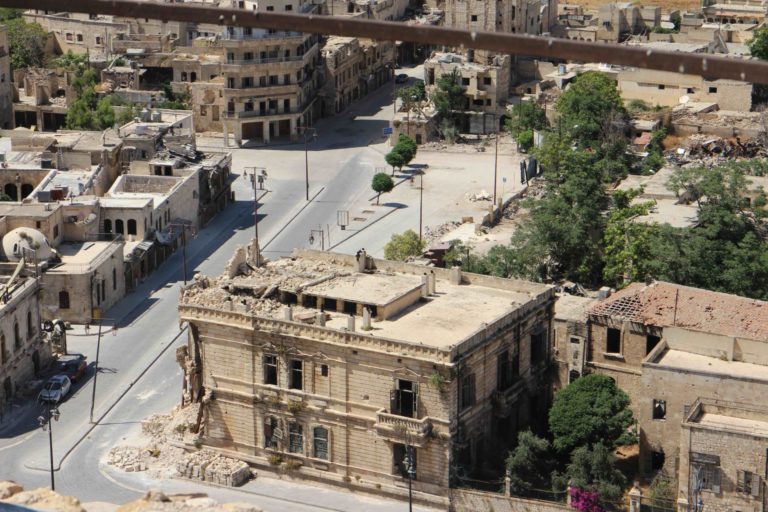
What makes the distinct nature of civil wars illusive is that assessment tools used by researchers measure the physical manifestations of war, such as death tolls, internal displacement, refugees, infrastructure destruction, and health risks, but fail to measure the intangible. Much has been said about the quiet victims of wars, women and children, who suffer most during a crisis of such magnitude. These quiet victims, however, are the key to birthing life into broken communities and recreating the intangible aspects that were lost. Women in particular hold a key to rebuilding communities and sustaining peace in post-conflict societies. The following Syrian case explains why and how.
In addition to women’s participation in the peace process, we need to do more to empower women’s agency at the local level during the rebuilding stage.
A number of studies have linked women’s participation in peace negotiations and settlements as mediators and chief negotiators to better long-term outcomes. The International Peace Institute 2017 study found that when women are involved in peace settlement negations “there is a 35% increase in the probability that a peace agreement will last 15 years or more”. Women’s participation in peacekeeping efforts brings light to the indirect effects of war.
In the question of how war ends, women tend to balance the dominant security focus by emphasizing solutions to the breakdown of social order and human rights. For a longtime, the rationale of ending the direct effects of war, namely violence, centered around the belligerent sides of the civil war and fed into the exclusion of women from peace negotiations. Now that this perception is shifting, women are encouraged to participate in peace committees and to make up a larger percentage of civil society representation and peace settlement delegations. We need to extend these developments a few steps further for greater impact on post-civil war communities. In addition to women’s participation in the peace process, we need to do more to empower women’s agency at the local level during the rebuilding stage.

Civil wars have shifted women’s role in society. In Syria, for example, female-headed households increased from 4.4% in 2009 to 22.4% in 2017. The percentage would be higher if we count households in which the father/husband fled out of fear of terrorism or prosecution, or migrated to seek asylum status in Europe, for example, while his family remained in a refugee camp in Syria, Lebanon, Turkey, or Jordan. Circumstances have pushed Syrian women refugees to assume responsibilities in addition to caring for their children in increasingly hostile refugee camp environments. The challenges they face include:
- Difficulties remaining in refugee camps in Lebanon, Jordan, and Turkey, which include fear of physical harm and death.
- Financial responsibility for taking care of dependents such as minors and elderly parents.
- Scarce employment opportunities in host countries and home countries upon return, while the need for income is high in absence of a male guardian.
A number of reports document the gradual return of Syrian refugees from Lebanon, Jordan, and Turkey due to a variety of push and pull factors, such as relative restoration of basic services in home villages. The return of Syrian refugees in absence of positive peace is complex and has not reached a level of mass returns. The World Bank recommends maximizing the well-being of refugees through return assistance and service restoration.
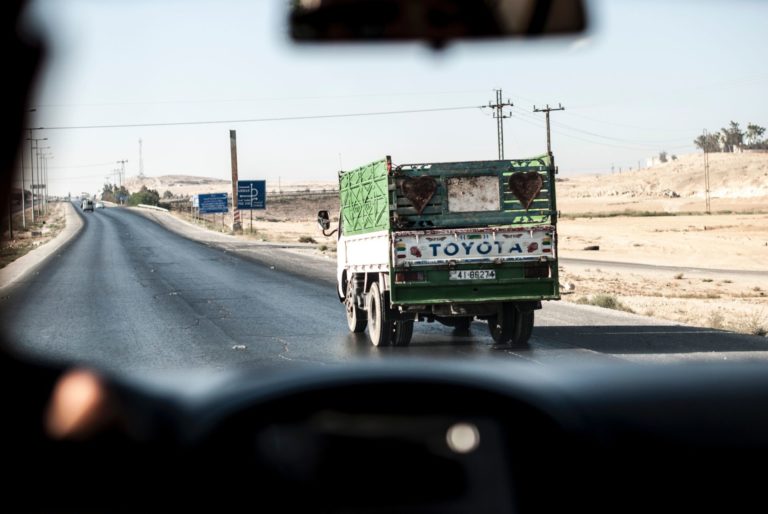
A 2017 report by the World Bank pointed to the severity of diminished economic connectivity in Syria. Between 2011 and 2016 the disruption in economic organization was twenty times greater than that of capital destruction. This is a crucial finding for rebuilding efforts, because it indicates that replacing capital stock and infrastructure is not enough. We must restore economic institutions and economic networks. While the United Nations estimates that the cost of reconstruction and rebuilding efforts in Syria is around $250 billion, the main rebuilding efforts will focus on basic public goods such as electricity, water, fuel, housing, and other infrastructure projects. Project donors and institutions need to facilitate small and medium size business entrepreneurs in recreating the connective networks and supply chains alongside the large ticket infrastructure projects. This way we can meet the goal of rebuilding economic connectivity and enabling locally owned development.
Editor’s Picks:“Women are Changing Business for Good” – “Educating for the future of Syria: the time is now”
When rebuilding after civil wars, a supportive economy of small businesses catering to constructions, new schools, hospitals, rehabilitated government institutions, and other services springs up. Empowering women entrepreneurs through easy micro-loans, return subsidies, skill and technology training, is a reasonable solution to the challenges Syrian women-headed household face. The benefits of empowering women entrepreneurs include:
- Providing support for women to start and sustain an income generating business translates to preserving a family and allowing their children to attend school and prosper.
- Supporting small and medium sized enterprises strengthens the private sector and is an employment generator.
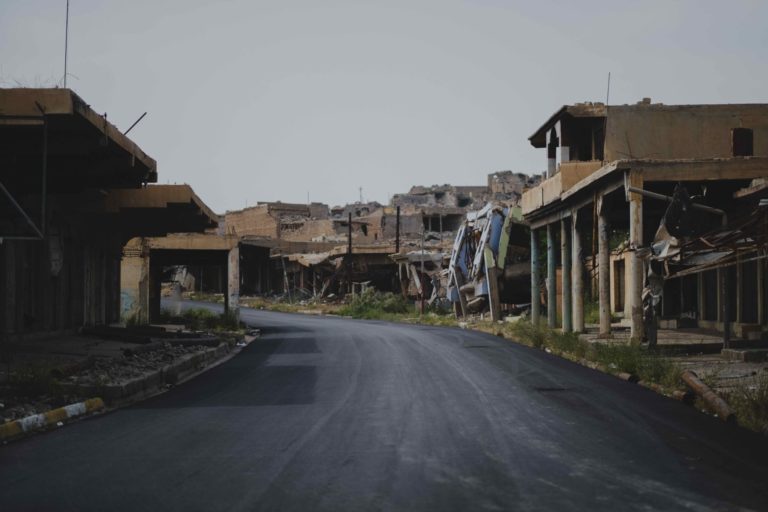
The realities of a post-civil war society require a proactive focus on empowering women-led households through training and entrepreneurship. The international community’s realization of the central role women play in peace negotiations and sustaining long-term peace after civil wars was a great leap forward. But it is now time to embrace women’s roles in rebuilding social cohesion and economic connectivity after civil wars end. In Syria, women have always played a visible role in society. In fact, the Syrian constitution clearly declares equality between men and women. Article 45 guarantees women “all the opportunities that enable them to participate fully and effectively in political, social, economic, and cultural life.” While the constitution’s statement is an aspirational standard and realities differ depending on the local context across the various Syrian governates, supporting women’s entrepreneurship initiatives in Syria is culturally permissive.


